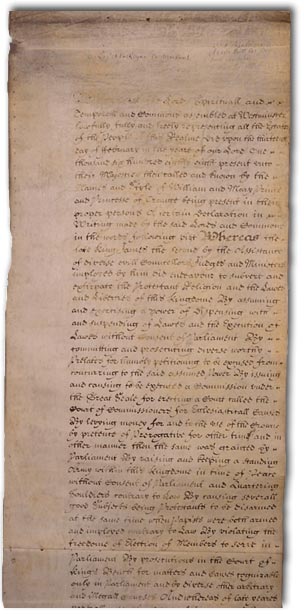
the Human Rights Act of 1998, is a legistaion that defined the fundamental rights and freedoms to which people in the United Kingdom is entitled. This act made effective the application of rights, agreed by the UK in the European Convention on Human Rights of 1951. It is worth to mention that many of those were already present in the British laws and enforced, but this act oficialized them.
There were 15 Right in total approved, some of them absolute and others qualified. They are the rights to Life, Freedom from Torture, Freedom from slavery, Liberty and security, Fair Trial, No punishment without law, Respect for private and fmaily life, Freedom of thought conscience and religion, Freedom of Expression, Freedom of Assembly and Association, Marry, Enjoyment of rights and freedom without discrimination, Property, Education and Free Elections.
The fact that these Act came in effect at the start of 21st century, is almost poetic. After all, after decades of fight for rights and for recognition of individual value, the change of Milennia looked promising and truth is that, with mistakes and issues, and with some work still needed, British society have shown an actual imoprovement and is nowadays a very equalitarian country in which the people are normally recognized for what they are, independently of their sex, race, sexual orientation, age, etc. They are valued as individuals that deserve respect (the actions they do, is what determine if they deserve it more or less).
Sources:
Casserley, C. (2025). Human Rights Act 1998. Encyclopaedia Britannica, website: Human Rights Act 1998 | Protection, Equality & Discrimination | Britannica
Justice. (2000). A Guide to the Human Rights Act 1998: Questions and Answers. Ministry of Justice, website (recovered through Wayback Machine): http://www.justice.org.uk/images/pdfs/HRAINT.PDF
Image of Public Domain.
